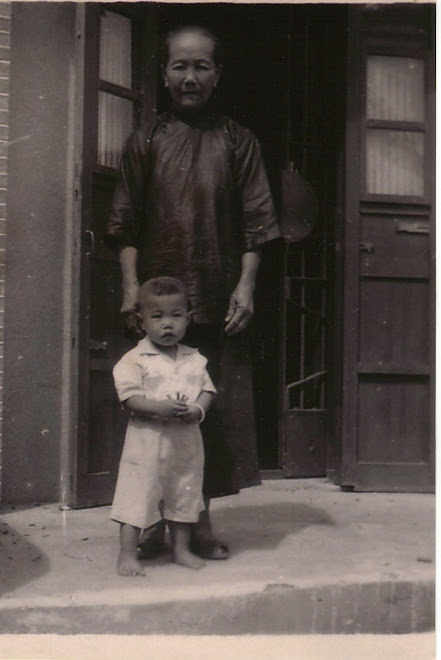This is my America.
Because until the Civil Rights Act, for the vast bulk of our history, racial animus, racism, has been the entrenched social and legal norm.
I was born before Loving, before the Civil Rights Act, before Engel. I was made to stand outside my 2nd grade classroom during the Pledge of Allegiance because my parents didn’t worship God the right way.
But the beauty of 20th century America is that the people in it decided to look at the Constitution and instead of using it as a bludgeon of oppression, to see it as a way to create a new human being. An inclusive, better human being. 20th Century Americans decided to expand the tribe in a way that’s never been attempted in all our 60,000 years of organized human endeavor—a tribe that includes everyone.
They took the flawed document, and noted that while it was full of subtle and not so subtle cues to suppress our brown and black brothers and sisters, because they could only be cues, because for the most part it couldn’t come right out and say “oppress this group because of their ancestry” we could also decide that this is not what it meant at all.
And we did.
Incredibly, against the heavy weight of human history, experience, and psyche, 20th Century Americans said ENOUGH.
And even though the “originalists” wanted that other, less noble interpretation, even with 60,000 years of civilization screaming “tribe”, we did it. We listened, at last, to the better angels of our nature and called all people family. All men brothers. All women sisters. All children ours.
It’s only been 50 years. I don't know about you, but I like those odds.
